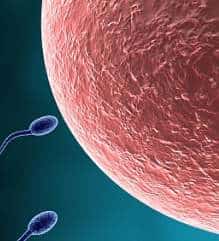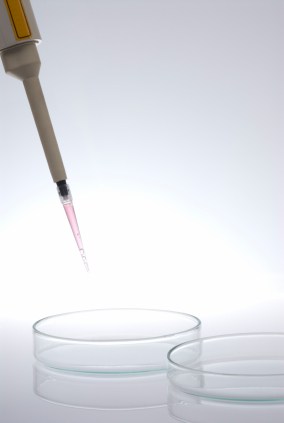
The food you choose to eat directly impacts your fertility. This goes for moms *and* dads to be, trying to conceive. As a couple, you need to stick to a healthy diet to boost your chances of getting pregnant. You should be striving for a healthy diet, at least, three months before you start trying to conceive. Here are some tips:
Follow a healthy diet while trying to conceive (moms and dads to be)
Strive for a balanced diet, and eat real foods instead of highly processed foods while trying to conceive. Avoid foods high in fat and sugar, such as cakes and biscuits. This goes for moms and dads to be. Here are some of the foods to include in your diet:
-
- Fruits and vegetables – these can be fresh or frozen (the two healthiest options), or canned, dried, or juiced. Aim for at least five portions a day.
- Carbohydrates such as whole-grain bread and pasta, long-grain rice, and sweet potatoes.
- Protein such as lean red meat and chicken, fish, eggs, beans, and lentils.
- Fish, at least twice a week when trying to conceive. A major source of omega 3s, as well as high in protein and vitamin D, fish is great for a developing baby’s brain and eyes, and may prevent premature births and low birth weight. Especially good for you are anchovies, herring, mackerel, rainbow trout, salmon, sardines, shad, and whitefish. If you don’t like fish, talk to your doctor about fish oil supplements.
- Dairy foods such as milk, cheese, and yogurt, which contain calcium.
- Iron rich food, such as red meat, prunes, dried fruit, whole grain bread, green vegetables, and fortified breakfast cereals, to build up your resources of iron in preparation for pregnancy.
Take prenatal vitamins and lots of folic acids (for moms to be )
-
- Some experts believe that even a healthy diet needs some extra help through prenatal vitamins. Prenatal supplements consist of a variety of vitamins and minerals: folic acid, calcium, and iron. They are often prescribed by your care provider as soon as you start trying to conceive.
- Folic acid or vitamin B is a very important supplement as it reduces the baby’s risk of neural tube birth defects such as spinal Bifida (a serious congenital condition, which occurs when the tube around the central nervous system fails to close completely).
- Remember that a supplement is a safeguard, not a substitute for a sound diet. You can also find folic acid in dark leafy veggies, fruits such as oranges, grapefruits and other citrus, nuts, beans, whole grains, brown rice, and fortified bread and cereals.
Drinking habits (moms and dads to be)
-
- Alcohol: Most studies agree that the larger amount consumed, the less your chances of getting pregnant. Alcohol imbalances women’s hormones and reduces men’s sperm quality. The current recommendation is to either cut it out entirely while trying to conceive, or to drink no more than one or two units of alcohol once or twice per week.
- Think ahead about caffeine: Health studies have shown that increased amounts of caffeine do indeed lower a woman’s chances of conceiving, and recommends that she drink no more than a couple of cups per day. Caffeine lessens women’s ovulation and men’s sperm mobility. Watch out for hidden caffeine in some products. Check food labels.
What to avoid (moms to be)
- While vitamin A is essential for baby’s growth and helping with tissue repair postpartum, it is important not to get too much preformed Vitamin A. This means you should avoid eating too much milk, liver, and eggs, and check with your doctor before taking supplements containing vitamin A. Too much during pregnancy could cause birth defects.
- Processed meats, such as packaged meats should be consumed in very small amounts, and raw and smoked meats should be avoided completely.
- Fish containing high levels of mercury, such as shark, swordfish, king mackerel, and tilefish. High levels of mercury can harm an unborn baby’s developing the nervous system. Recommendations on canned tuna vary. The FDA advises eating up to 12 ounces of chunk light tuna per week and up to 6 ounces of solid white or albacore tuna.
What were your favorite foods when you were pregnant or trying to conceive
disclosure: this post contains affiliate links, thanks for the support

